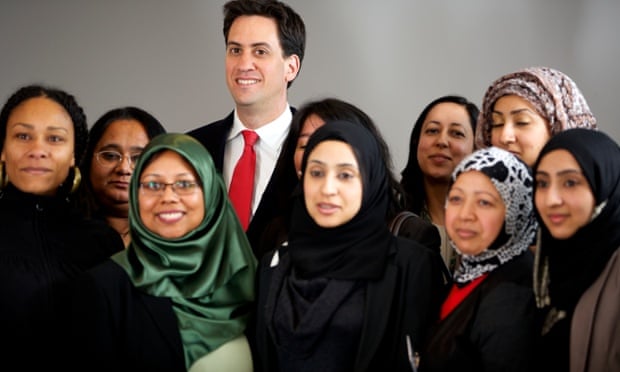A Muslim group seeking to establish Britain’s first female-led mosque is to consult on its plans for a prayer space “managed by women primarily for women”.
The Muslim Women’s Council (MWC), which was founded after a series of informal conversations with women in Bradford, believes that women have traditionally been marginalised in places of worship.

During the initial consultation, the aim is for various options for the women’s mosque to be discussed with both locals and international Islamic scholars. MWC says the facility would be open to Muslim and non-Muslim communities.
However, the organisation has said in a statement that it disagreed with the view that women can lead a mixed congregational prayer, saying “this will not take place under the MWC umbrella” and adding that their intention was not to “go against the values and principles of Islam”.
Early plans include facilities specifically tailored for Muslim women to cater for their religious beliefs including services for divorce, bereavement, legal advice, parenting, and feeding the homeless.
The organisation seeks to also promote Islamic education and scholarship for British Muslim women in order to tackle social issues such as radicalisation and lack of social cohesion and says: “in the current context the role of British Muslim women has never been more important”.
Bana Gora, the founding member and chief executive of MWC, said access was the biggest problem that female worshippers face, according to a local audit of mosques her organisation had carried out.
Gora said the findings highlighted that many of the local mosques followed a “patriarchal model” and that “women’s representation on governance structures was nonexistent, on committees and boards”.
She added that gender segregated spaces, which are traditionally how many UK mosques are structured, were “dated and unwelcoming”.
She said: “The alienation that women feel has profound consequences for younger generations who are taught that Islam treats both men and women as spiritual equals, yet the practice within mosques contradicts the principles.”
Gora went on to say that the MWC wanted to provide a safe space for young women to question, learn and grow, have an opportunity to make informed choices and to appreciate their heritage at a time when “many young people feel that their faith is no longer relevant, or are going to extremes”.
The focus is initially on Bradford, where there are 110 mosques and where aquarter of the population say they are Muslim.
The MWC has previously organised meetings with party political leaders, challenged volunteers to climb Mount Snowdon for charity, and hosted events to celebrate the lives of women in the community.
Congregations in mosques are led by imams who are traditionally male, yet women can lead other women in prayer according to some Islamic schools of thought.
There are female imams and women’s mosques, or nüsi, in China, with Wangjia Hutong Women’s Mosque of Kaifeng, which dates back to 1820, being the oldest surviving one.
Dr. Amina Wadud, a 62-year-old African-American professor, made headlines when she led Friday prayers to a mixed congregation of men and women 10 years ago.